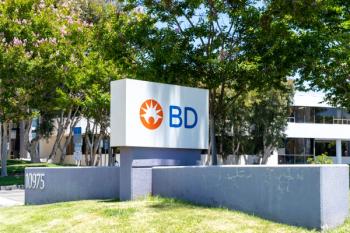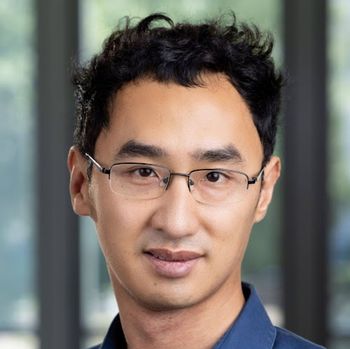
- LCGC Europe-02-01-2018
- Volume 31
- Issue 2
The 2nd Copenhagen Symposium on Separation Sciences (CSSS 2018)
The 2nd Copenhagen Symposium on Separation Sciences (CSSS 2018) will be held at DGI-Byen Hotel, Copenhagen, Denmark, from 26–27 June 2018.
The 2nd Copenhagen Symposium on Separation Sciences (CSSS 2018) will be held at DGI-Byen Hotel, Copenhagen, Denmark, from 26–27 June 2018.
The Copenhagen Symposium on Separation Sciences is the meeting point where separation scientists from the pharmaceutical industry, academia, and vendors interact. The scientiï¬c programme has been designed accordingly, featuring 18 invited plenary lectures by internationally leading scientists, submitted posters presented by participants, discussion sessions, and dinner. In addition, an exhibition of instruments, equipment, and consumables is an important and integrated part of the scientiï¬c programme. The invited talks by leading scientists will provide perspective, fundamentals, insight, and glimpses of how the field of separation sciences is developing.
Scientific sessions will include: the long-term perspective; recent progress in liquid-phase chromatography and electrophoresis; recent progress in microfluidics; recent progress in immunoaffinity techniques; forefront applications of mass spectrometry; forefront biopharmaceutical characterization; and ADME and pharmacometabolomics.
The first CSSS was organized in June 2016 with close to 100 participants. This very successful symposium was initiated by Professor Steen Honoré Hansen from the University of Copenhagen. Steen was a pioneer in separation sciences applied to pharmaceutics, but unfortunately, he passed away on 31 October 2017. The CSSS series will be organized to honour Steen and his great contribution to separation science.
For more information, please visit our web page at
Articles in this issue
almost 8 years ago
Biomimetic Chromatography to Accelerate Drug Discovery: Part 1almost 8 years ago
Analytica 2018almost 8 years ago
Rapid Trace Analysis of Multiresidue Contaminantsalmost 8 years ago
How to Avoid Problems in LC–MSalmost 8 years ago
Vol 31 No 2 LCGC Europe February 2018 Regular Issue PDFNewsletter
Join the global community of analytical scientists who trust LCGC for insights on the latest techniques, trends, and expert solutions in chromatography.




